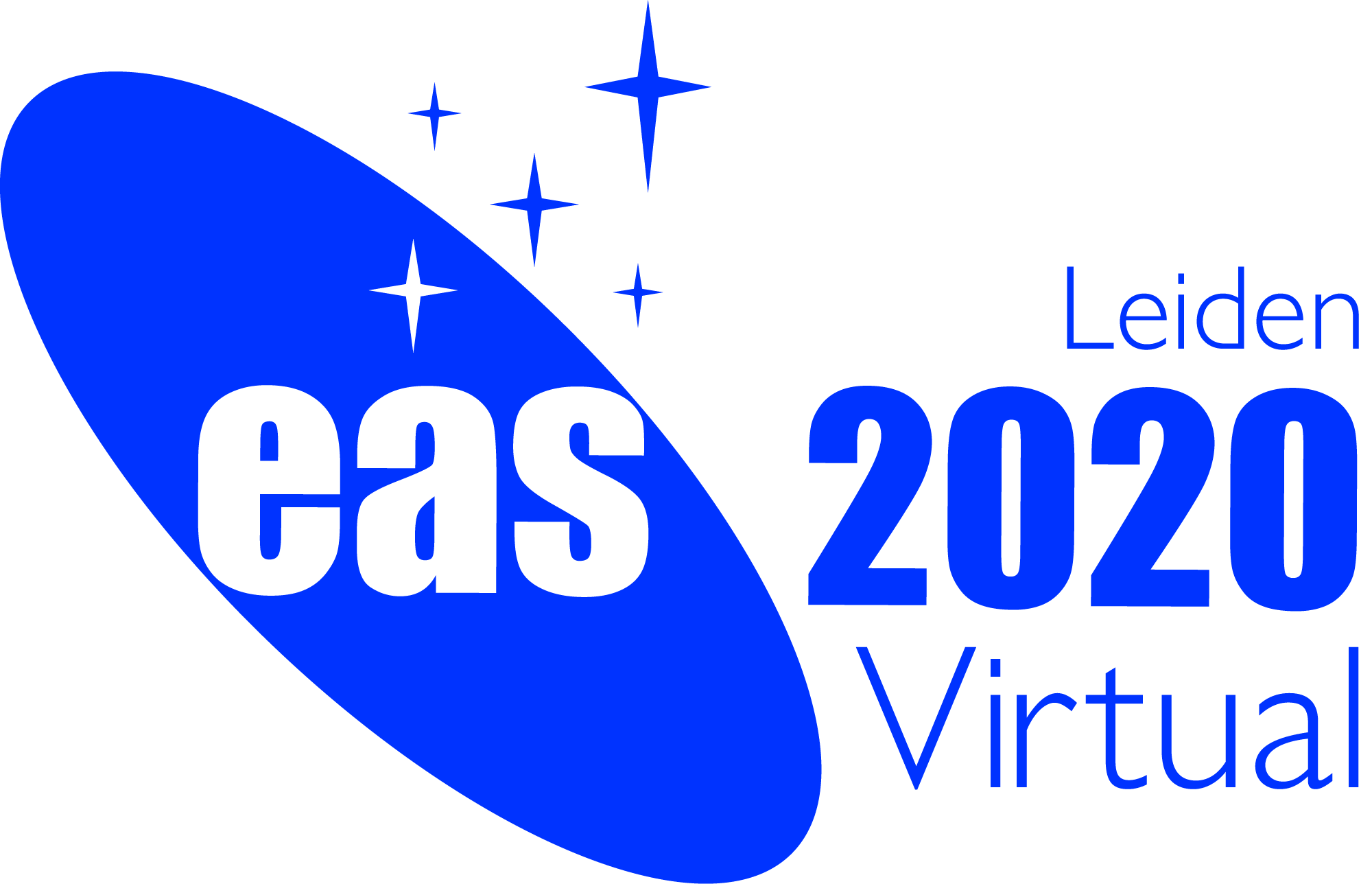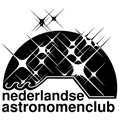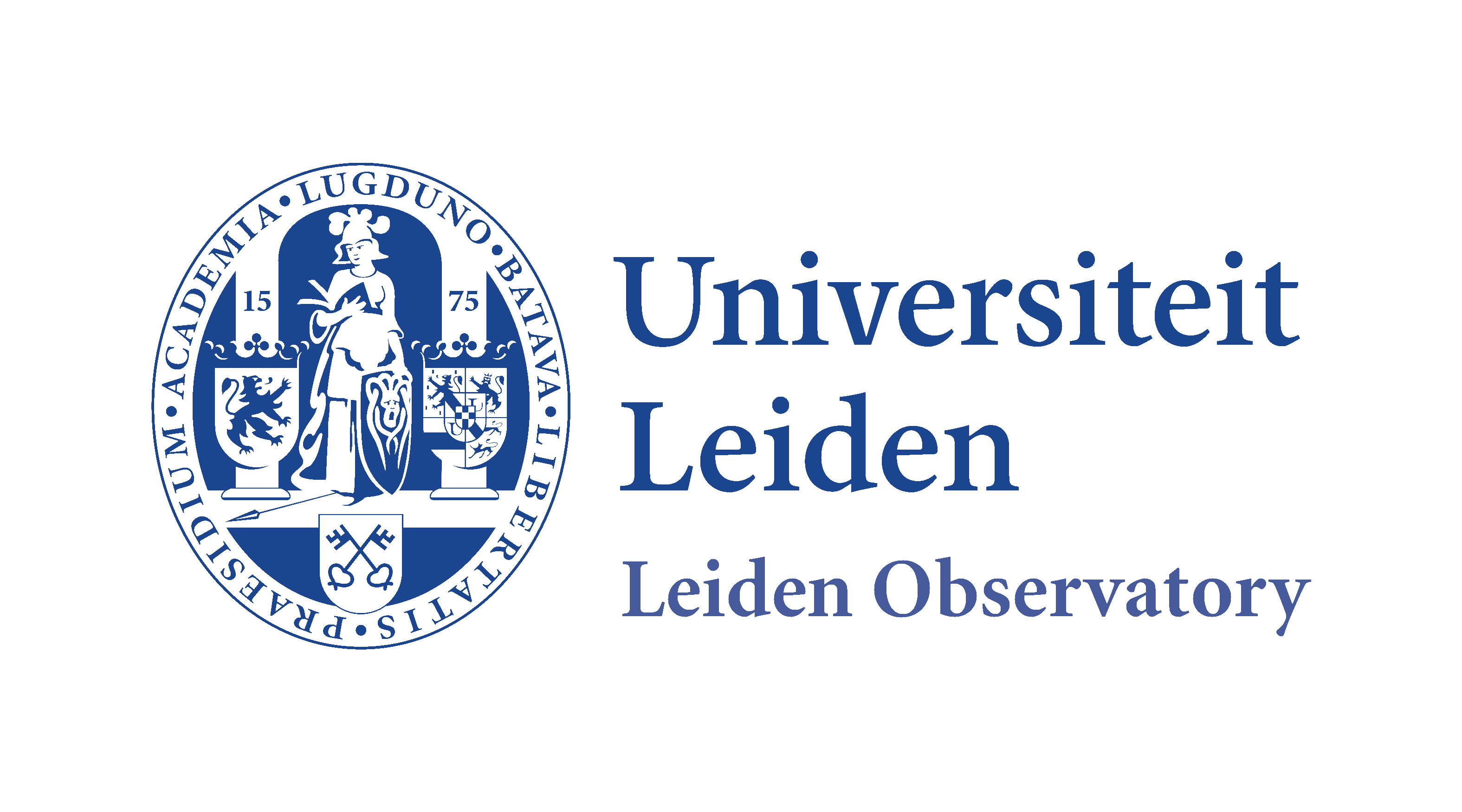Special Session SS1
2 July 2020
Making the case for European astronomy and space science: public and political engagement

Aims and scope
Astronomy and space science are in many ways in a 'golden age' of discovery, when many of the long running questions about the wider universe have been and are set to be answered in the decades ahead. In Europe we enjoy access to some of the best facilities in the world, develop world-class home grown talent in cross-continental collaborations, and attract the very best people from across the globe.
And yet, our research base still faces challenges. Public enthusiasm for our science is huge, but less so the appetite for investment in fundamental research, rather than directly tackling the global challenges that face us all. Many European countries also commit low levels of resources to our science, are reluctant to commit to more, and in some cases are moving to restrict the movement of people, including scientists, that enable us to thrive.
By the time of the EWASS conference, the shape of the heart of Europe - the European Union - should be clearer. Brexit will presumably have finally happened, and the EU27 will have appointed new commissioners for ?Innovation and Youth? and ?Internal Markets?. Their new portfolios will bring together education, research, innovation, culture, youth and sport
policies, and industry, digital single market, space and defence policies respectively.
One of their first jobs will be preparing for Horizon Europe, the next 7-year programme for research and innovation, which will begin in 2021.
In this session we invite the whole community - including early career researchers whose futures depend on it - to work out how a case for astronomy and space science can be made across the whole of Europe. In a world facing a climate emergency, can we persuade policymakers and the public that our science still matters? How do we ensure the survival of international collaborations with an isolationist UK? And can we raise the profile of Europe itself as a 'science superpower'?
In parallel with the accelerating pace of scientific discovery, public engagement in astronomy and space science - which ought to help persuade the political classes of the value of our work - has flourished in recent times. But the evidence base for a long term impact is less convincing.
Our session will also consider how engagement works, what we can learn from public consultations and the evaluation of outreach projects. How can the lessons that emerge be applied in practice? And how can these experiences be shared to avoid the same mistakes being made again and again? We want to encourage an honest debate - to be upfront about failures as well as celebrating success.
So if you have an interest in the future of our science, and in convincing future generations of its worth, do come along and contribute - this is a rare opportunity to share your thoughts at Europe's largest regular gathering of astronomers.
Programme
- Public engagement
- Space and astronomy policy
- European and global collaboration
- Political engagement
Invited speakers
- Professor John Womersley (Director General, European Spallation Source)
- Dr Amelia Ortiz Gill (Observatorio Astronůmico - Universidad de Valencia)
- Dr Pedro Russo (Leiden Observatory and Chair, IAU Commission on Communicating Astronomy with the Public)
Scientific organisers
- Professor Mike Bode, European Astronomical Society
- Anita Heward, Europlanet
- Dr Robert Massey, Royal Astronomical Society
- Karen O'Flaherty, European Space Agency
Contact
Anita Heward: anitaheward @ btinternet.com
Robert Massey: rmassey @ ras.ac.uk
Karen O'Flaherty: karen.o'flaherty @ esa.int
Updated on Tue Dec 10 15:40:07 CET 2019
|

 A power cut will shut down all EAS services on Tuesday, 10 January 2017 starting at 7:30 CET.
A power cut will shut down all EAS services on Tuesday, 10 January 2017 starting at 7:30 CET.



